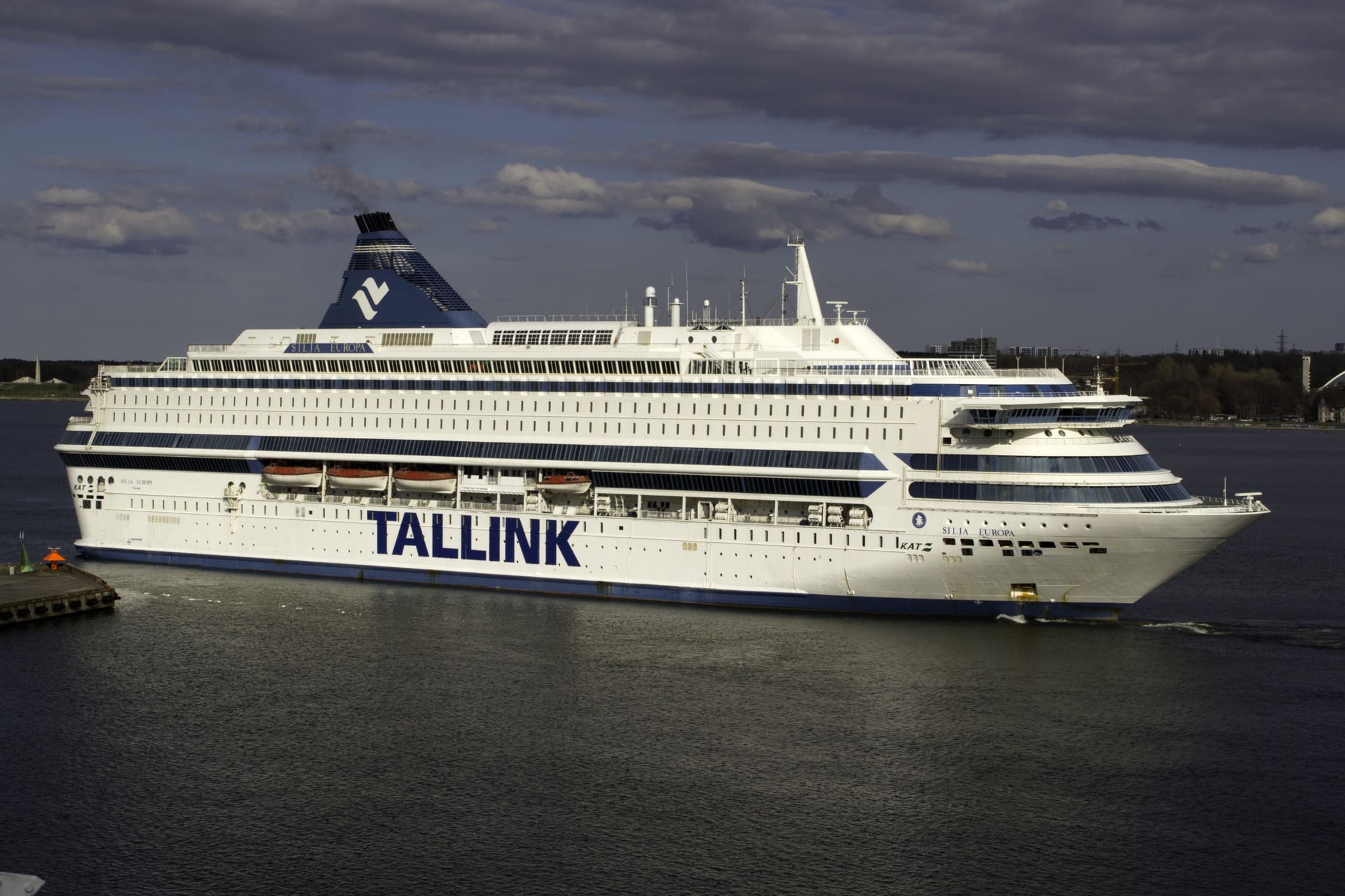The Dutch government has chartered another cruise ship to accommodate up to 1,500 refugees in the port of Rotterdam as the country struggles to cope with the housing demand following a high number of new arrivals.
The MS Silja Europa, a German-built vessel that is the tenth-largest cruise liner in the world, will dock in the Dutch city and house refugees while the local government constructs 1,125 flexible homes and converts office buildings into another 375 homes for the migrants, paid for by the Dutch taxpayer.
The accommodation is reserved for status holders. These are refugees with a temporary asylum residence permit who are entitled to housing in the country. They are allocated a municipality that is obligated to provide adequate housing, and the offer of accommodation must be accepted by the status holder as per the conditions of their residence permit.
Rotterdam has been ordered by the Dutch government to receive more than double the number of refugees it accommodated last year after an influx in the number of new arrivals. Last year, the city found homes for 861 newcomers, this year that figure has increased to 1,795.
Rijnmond, a local television broadcaster in Rotterdam, called the increase in the number of new arrivals a “problem,” because if the city meets its target, “there will be less room for other Rotterdammers looking for a house, including vulnerable target groups and entry-level home buyers.”
“After all, there is only a limited amount of social housing available. This would increase the wait tim for a home seeker even further,” its report added.
Alderman Faouzi Achbar is preparing for the new arrivals, which the city expects imminently. Regarding longer-term accommodation, Achbar believes that 500 flexible homes can be built this year with the remainder completed in 2024, meaning some refugees could spend more than 18 months on board the ship before they are relocated.
[pp id=70646]
It is unclear where these flexible homes will be built, but Achbar explained that residents living in the vicinity of these locations will be informed “in good time,” although they do not appear to have the right to object or block the plans.
“I think we have to be creative,” Achbar said when asked how Rotterdam will continue to fulfill its obligations to accommodate greater numbers of refugees in the future.
Conservative politicians have criticized the move and highlighted it as another example of newcomers to the Netherlands being given preferential treatment over those living on Dutch streets or struggling with the cost of living crisis.
Party for Freedom (PVV) leader Geert Wilders slammed the decision to allow 1,500 “fortune seekers” to live on board a “five-star cruise ship” in the Netherlands’ second-largest city.
“Free luxury meals, free healthcare, free groceries, everything for free,” he tweeted. “They get better and more luxurious than millions of Dutch people. Own people last!”
Last year, when the Dutch government resorted to using temporary accommodation including hotels and cruise ships to house migrants, officials pledged to resolve the matter expediently and keep the costs to the Dutch taxpayer to a minimum.
[pp id=63045]
Eighteen months later, however, it appears to be pursuing the same policy as it struggles with a record backlog of asylum applications and an influx of new arrivals all expecting housing.
“About 60,000 permanent places for asylum seekers are needed in the Netherlands, but structural shelter has not yet been arranged. It is, therefore, clear that emergency shelter is still unavoidable,” Dutch Security Council Chairman Hubert Bruls warned back in March.
The Central Agency for the Reception of Asylum Seekers (COA) currently has 53,497 people on its books with a right to accommodation, according to its latest report published on Monday. Of those, 30,163 are in regular COA housing, 16,294 are in emergency accommodation, and 7,040 are located in crisis shelters or making use of an accommodation scheme run by a municipality.





